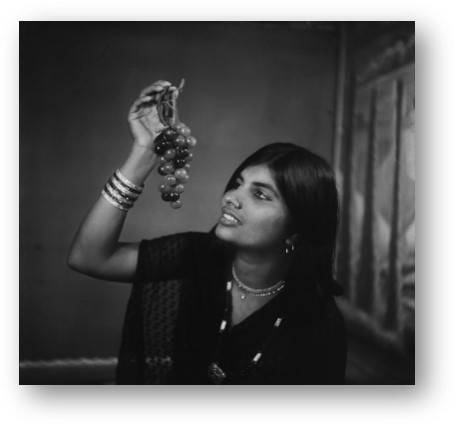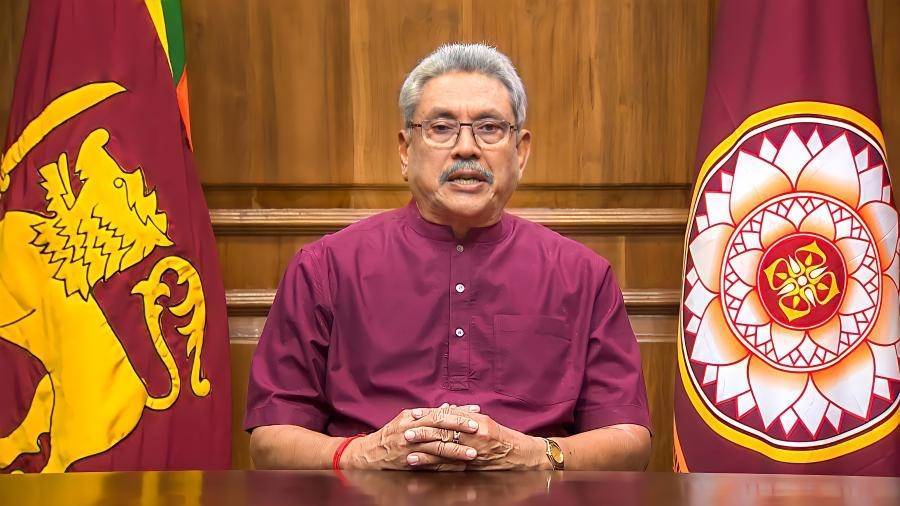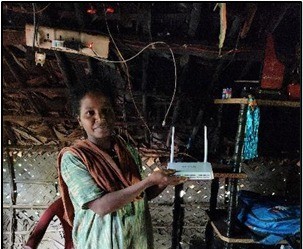A day to celebrate the creativity and nuances of photography that have mesmerised us for years. Photography is a timeless medium of storytelling that beautifully captures the authenticity of time, emotions, culture, history, and more.
World Photography Day is celebrated annually on August 19 and is dedicated to the art, craft, science, and history of photography. To commemorates this medium, let’s check out these mesmerizing images which are part of MAP’s exquisite collection of iconic photographs by renowned photographers like Jyoti Bhatt, Karen Knorr, T. S. Satyan, Mitter Bedi, and more…writes N. LOTHUNGBENI HUMTSOE
Rajasthan by Jyoti Bhatt, 1973, Silver gelatin print, Rajasthan, India, PHY.00596
This image was photographed by Jyoti Bhatt in Rajasthan in 1973. It shows a clever juxtaposition representing the relationship between prey and predator using art and everyday life.
The Queen’s Room, Zanana, Udaipur City Palace, Udaipur by Karen Knorr, 2010, Archival pigment print, Udaipur, India, PHY.01765
This image forms part of the project ‘India Song’, which was started by British-American photographer Karen Knorr in 2008. It shows a digitally inserted peacock standing in a passage of the Zenana Mahal in the City Palace, Udaipur.
The project seeks to explore ideas of caste, femininity and hierarchy intertwined with the rich cultural heritage of Rajasthan by connecting the royal spaces to the animal world with a harmonious combination of digital and analogue photography.
Coal Workers, Dhanbad, Bihar State, India by Sebastiao Salgado, 1989, Silver gelatin print, Dhanbad, India, PHY.02271
This photograph by Sebastiao Salgado shows three coal workers from one of the coal mines of Dhanbad in Bihar, India. Forming part of Salgado’s social documentary oeuvre, the image provides a glimpse of the working communities and the state of their immediate environments.
His Highness Maharaja Ram Singh II of Jaipur, G.C.S.I. (1835-1880), Bourne & Shepherd, 1877, Woodbury type, Jaipur, Rajasthan, India, PHY.02471
This is a portrait of H. H. Maharaja of Jaipur Ram Singh, G.C.S.I. Photographed by one of the oldest photography studios in the world, Bourne & Shepherd, the image shows Maharaja Sawai Ram Singh II of Jaipur. Accessioning as king at the age of sixteen months, Sawai Ram Singh was known as a reformist ruler. He was also an avid photographer, with an interest in portraiture and landscapes, having gained the reputation of the ‘Photographer Prince’.
Maharaja Sir Bhagwati Prasad Singh by Johnston & Hoffmann, c. 1915, Hand-painted albumen print, Balrampur, Uttar Pradesh, India, PHY.01759
This is a studio portrait of Maharaja Sir Bhagwati Prasad Singh of Balrampur taken by the studio Johnston & Hoffmann. The royal portrait presents an excellent example of hand-painted photographs, where the artists have beautifully brought out the beauty and richness of clothes, jewels and the furniture.
Lakshmi by Pushpamala N & Clare Arni, c. 2001, Type-C print, India, PHY.07048
This photograph is part of a collaborative project between Pushpamala N and Claire Arni called ‘Native Women of South India: Manners and Customs’. Belonging to the sub-series called ‘The Native Types’, the images in the collection look at popular tropes and representations of women from South India through a performative angle. This particular image called ‘Lakshmi’ is modeled after an oleograph by late modernist painter Raja Ravi Varma.
Untitled (Portrait of a Woman with a Bunch of Grapes), Suhag Studio, Nagda, Madhya Pradesh by Suresh Punjabi, Suhag Studio, c. 1981, Celluloid negative, Nagda, Madhya Pradesh, India, PHY.12229
This studio photograph is from the extensive work of Suhag Studio in Nagda, Madhya Pradesh, India, owned and operated by photographer Suresh Punjabi. The image shows a woman posing with a bunch of fake grapes. It was common practice for photo studios to keep props and costumes for customers, providing them with the space and opportunity to be playful, wishful and explore their own imagery.
Women Working at the Indian Telephone Factory in Bangalore by T.S. Satyan, Silver gelatin print, Bangalore (now Bengaluru), India, PHY.07859
This photograph taken by the late Indian photographer T. S. Satyan shows women at work in the Indian Telephone Factory, Bangalore in the late 20th century. The women appear to be assembling telephones on their stations. The image shows a great example of women’s workforce in technical fields in a rapidly transforming India.
Hindustan Lever Pipeline to Progress by Mitter Bedi, c. 1961, Silver gelatin print, India, PHY.12272
This photograph was taken by late Indian photographer Mitter Bedi that shows an industrial setup of possibly Hindustan Unilever from 1961. Mitter Bedi was India’s most notable commercial and industrial photographer who paved the way for the upcoming generations. In a time, when India as a newly independent nation was going through a rapid phase of industrialization, Mitter Bedi became the most sought after photographer to chronicle this growth in various sectors like oil, textile, paper, sugar, mining etc. with his photography.
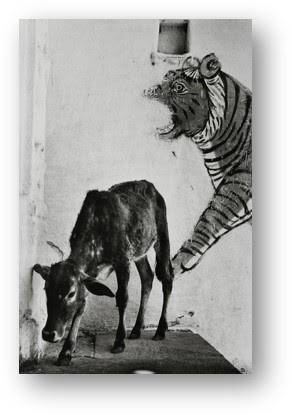

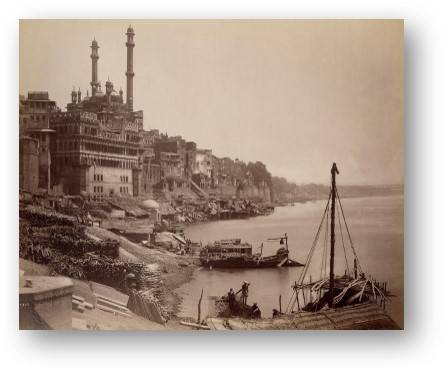
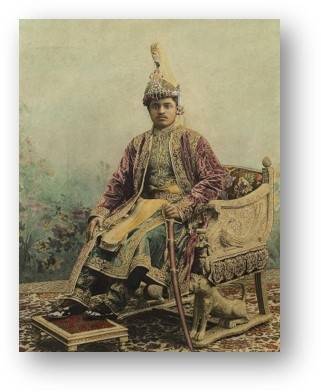
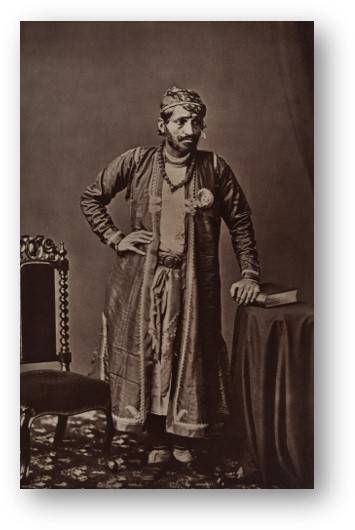
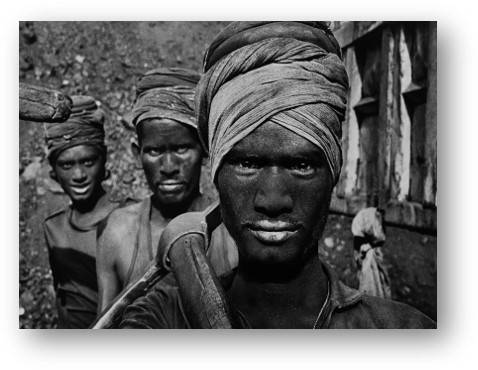
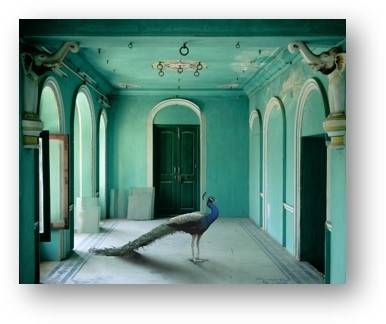

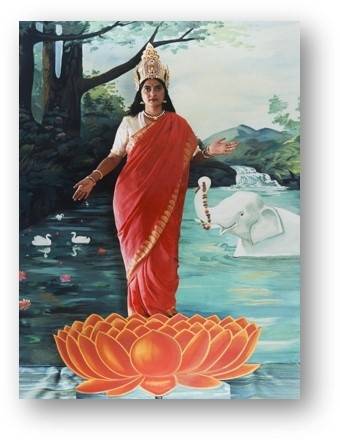
Possibly Manikarnika Ghat, Benaras by Unknown, c. 1860-1880, Albumen print, Possibly Benaras (also Varanasi or Kashi), Uttar Pradesh, India, PHY.12301
This image shows the Manikarnika Ghat on the bank of river Ganga with the Gyanvapi Mosque visible in the view. The mosque was built by Mughal ruler Aurangzeb in 1669. In the foreground, large stacks of firewood can also be seen, which were possibly used for cremation purposes.
ALSO READ-‘Birth of a White Rose’ and ‘Convergence – A Panorama of Photography’s French Connections in India’
